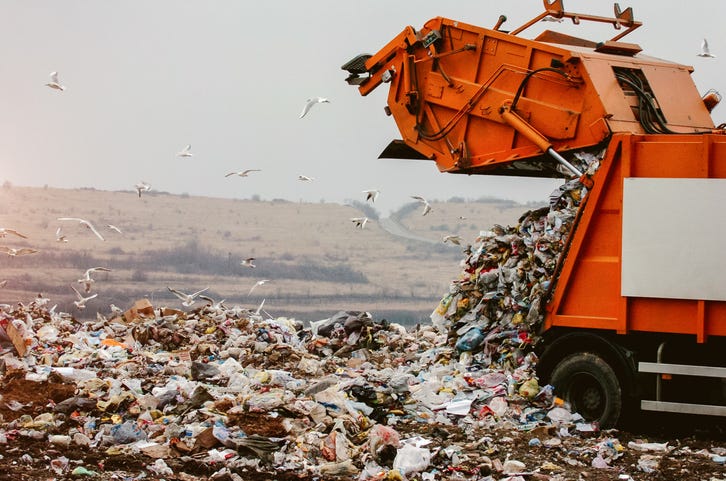
A team of Spanish researchers have discovered that polyethylene, the most commonly produced plastic in the world, can be broken down by a wax worm's drool.
The study was published in the journal Nature Communications and shows that one hour of exposure to the saliva degrades the plastic the same as a year of weathering, meaning that they may have discovered an answer to plastic pollution.
The liquid produced by the worms has two enzymes in it that have the ability to degrade the plastic at room temperature. They believe it is the first time a solution to breaking down plastics has been found in nature.
Polyethylene represents 30% of all produced plastics worldwide and is used in everything from pipes to flooring and even food containers.
Even with efforts to reduce, recycle, and reuse plastic across the world, polyethylene is dense and hard to break down in nature because it is resistant to oxygen. As a result, most efforts to break it down have it pre-treated with heat or UV light so that it can break down.
The discovery of the wax worms being able to break down the plastic was first discovered in 2017, but the new study explains how they were able to separate the enzymes from the saliva.
Clement Arias co-authored the study and shared with BBC News that the enzymes accelerate the decomposition so that oxygen can get into the plastic, allowing it to break down. This is something that takes a "long time in the environment" but only hours with the saliva.
The wax worm, seen as a pest in most areas it inhabits, is mainly known for attacking and destroying honeybee hives and is often used as bait for fishers or food for reptiles.
Dr. Federica Bertocchini, another co-author of the paper, shared with The Guardian that this is how she first discovered their capabilities.
"My beehives were plagued with wax worms, so I started cleaning them, putting the worms in a plastic bag," Bertocchini said. "After a while, I noticed lots of holes, and we found it wasn't only chewing, it was [chemical breakdown], so that was the beginning of the story."
Now she says that they could soon have real-world applications, helping break down waste humans have created.
"We imagine you could apply this new understanding to large plastic waste management facilities," Bertocchini told the BBC. "But you could also have a home-based kit which could help you degrade your own plastic."
But, there will be some time before that happens as researchers are still trying to find out if the saliva is able to break down the polymer or the additives used to strengthen the plastic.
"We also want to know why a humble worm has these amazing enzymes, what's the use of them in their daily life," Arias said.


